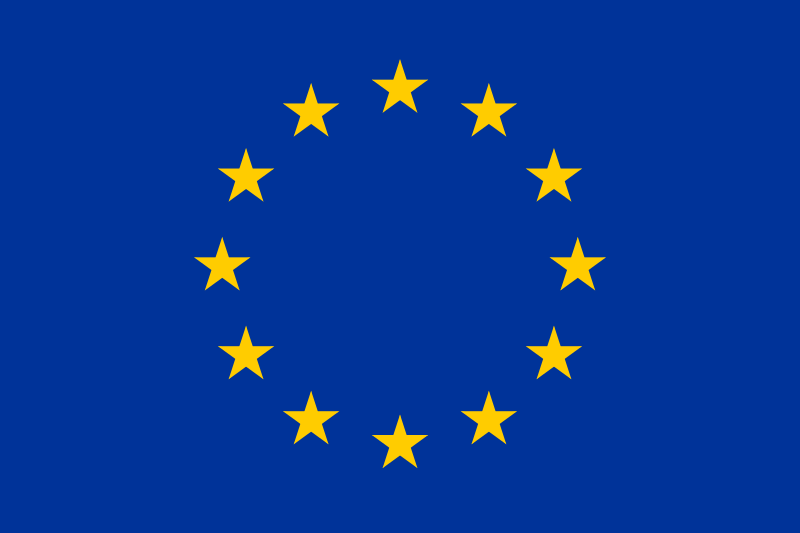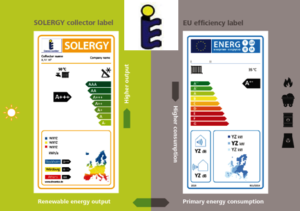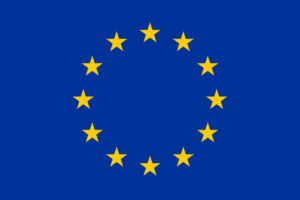European Institutes to Test According to Australian Standards
November 20, 2009
The Australian solar thermal market is growing rapidly – on average 27 % within the last two years. One factor in the countrywide growth is the Renewable Energy Certificate (REC) provided for newly installed solar thermal systems.
Applying for an REC requires that the solar water heater has already been certified according to standard AS/NZS 2712:2007 “Solar and heat pump water heaters – Design and Construction”. It means that any international manufacturer and solar system supplier has to certify its system before entering the market – an interesting business opportunity for European test laboratories.
“We have already been accredited for AS/NZS 2712:2002 for 5 years now. During our next audit in December, we want to apply for accreditation regarding the new norm AS/NZS 2712:2007,” explains Stephan Fischer, responsible for collector testing at the German test laboratory of the Institute for Thermodynamics and Thermal Process Engineering (ITW), an affiliate of the University of Stuttgart. He expects the process to reach completion in less than two months.
ITW is cooperating with Australian company SAI Global, which runs an SAI Global Product Certification programme. Usually, the manufacturer or system supplier hands over the ITW test results to the Australian company. ITW itself did not have direct contact to the Australian certification bodies.
SAI Global is one of several bodies accredited by the national authority JAS-ANZ, the government-appointed agency responsible for providing accreditation of conformity assessment bodies (CABs), which want to perform inspections and issue certifications. SAI Global does the paper work, as well as the initial audit at the manufacturing site of the applicant. When it comes to test the components and the system, SAI Global cooperates with nationally accredited test laboratories, such as the ITW in Germany. “We prefer laboratories, which are accredited by a nationally recognised body such as NATA, IANZ, or under the IECEE CB Scheme,” the company explains on its website. In any case, it will be necessary for the national laboratory to integrate the respective procedures in their own set of testing methods.
It is what German test institute TÜV Rheinland will do: “We are accredited to perform certain sub tests of AS/NZS 2712:2007, such as the ‘test for water ingress and retention’, the ‘impact resistance test’ and the ‘stagnation test’,” explains Ulrich Fritzsche, Head of the Solar Thermal Department at the German company. “What the stagnation test requires is difficult and expensive.” The test’s criteria: a solar simulator with a radiation of 1,050 W/m2 or more and an air temperature greater than 38 °C. The system is to be run under the solar simulator’s maximum stagnation temperature for 12 hours. Then, the pump is turned off for another 12. This cycle is to be repeated incessantly for 10 days.
An alternative is outdoor testing, whereby the collector is filled with oil, in order to keep it at the stagnation temperature and maximum pressure during high radiation hours of 1,100 W/m2 and air temperatures of 50 °C. The latter procedure is not applicable to heat pipe collectors.
Harmonizing these very different testing and certification requirements in the global solar thermal sector will be the objective of the newly founded IEA-SHC task 43.
More information:
http://www.jas-anz.com.au/index.php
http://www.saiglobal.com
http://www.itw.uni-stuttgart.de
http://www.tuv.com/de/branchen.html


